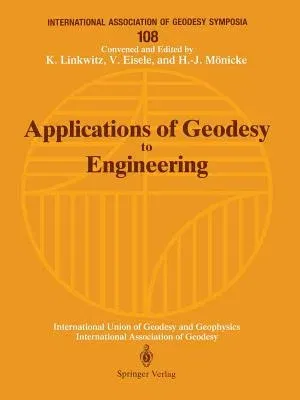Applications of Geodesy to Engineering: Symposium No. 108, Stuttgart, Germany, May 13-17, 1991Paperback, 29 October 1993

Qty
1
Turbo
Ships in 2 - 3 days
In Stock
Free Delivery
Cash on Delivery
15 Days
Free Returns
Secure Checkout
Part of Series
International Association of Geodesy Symposia
Print Length
431 pages
Language
English
Publisher
Springer
Date Published
29 Oct 1993
ISBN-10
3540562338
ISBN-13
9783540562337
Description
Product Details
Book Format:
Paperback
Country of Origin:
DE
Date Published:
29 October 1993
Dimensions:
27.94 x
20.96 x
2.29 cm
ISBN-10:
3540562338
ISBN-13:
9783540562337
Language:
English
Location:
Berlin, Heidelberg
Pages:
431
Publisher:
Weight:
993.37 gm

